Employment Law Module: Contract of Employment - SLIIT BBA
VerifiedAdded on 2020/12/29
|50
|3339
|134
Report
AI Summary
This assignment provides a detailed analysis of employment law, particularly focusing on the contract of employment within the context of Sri Lanka. It begins by outlining the legal system and environment of business, the evolution of employment law from the 'law of master and servant' to modern legislation, and the significance of the contract of employment. The assignment explores the impact of trade unions, employee protection laws, and labor courts on the nature of employment contracts. It covers various sources of employment law, the basic obligations of employers and employees, and the distinction between a contract of service and a contract for services. The report presents multiple tests to determine the employer-employee relationship, including the control test and integration test, while also examining relevant statutory definitions. The assignment references key legislation like the Shop & Office Employees Act, the Payment of Gratuity Act, and the Industrial Disputes Act, as well as landmark cases. This comprehensive overview is designed for students studying business law, providing a thorough understanding of employment law principles in Sri Lanka.
1 out of 50
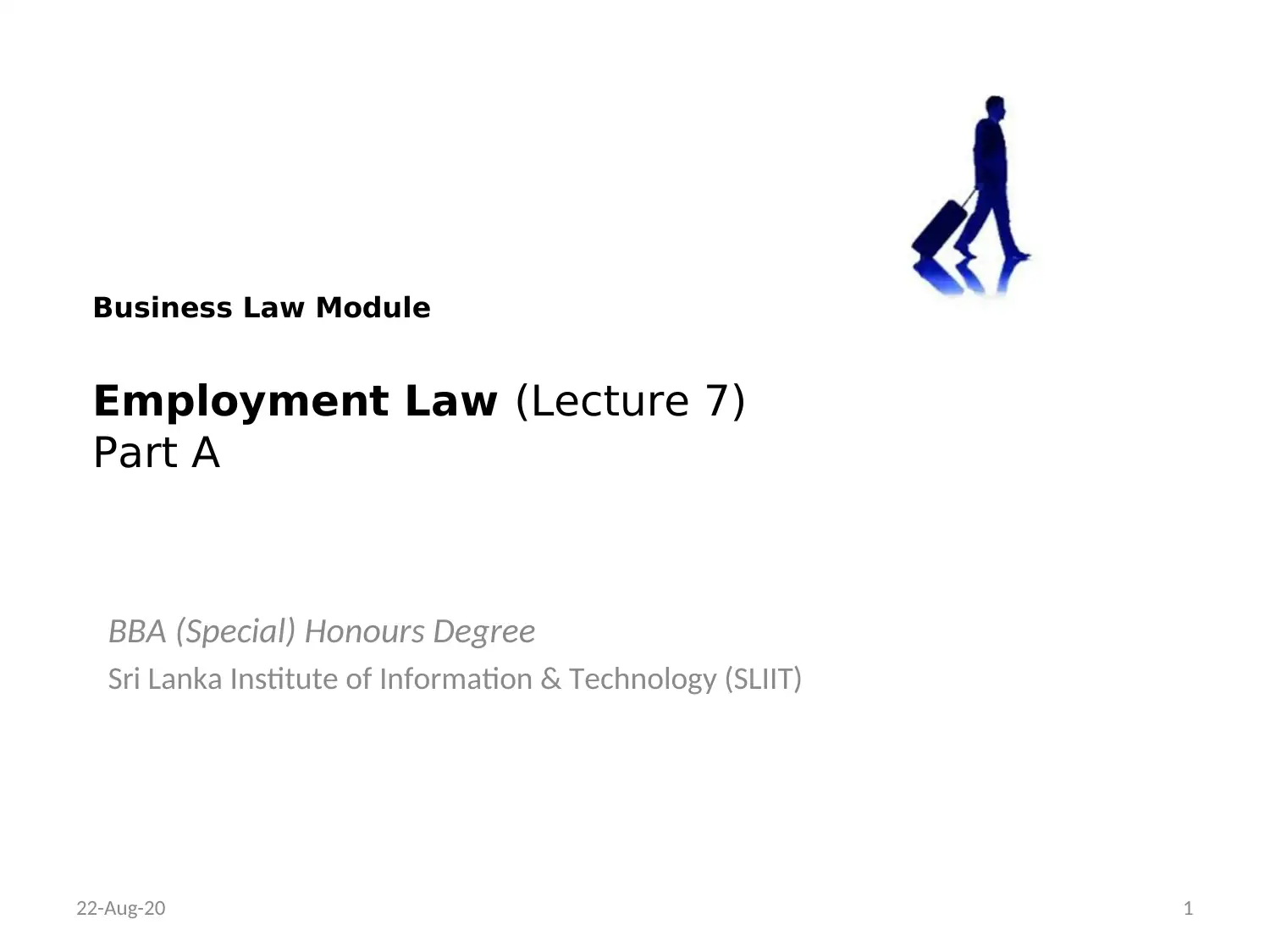

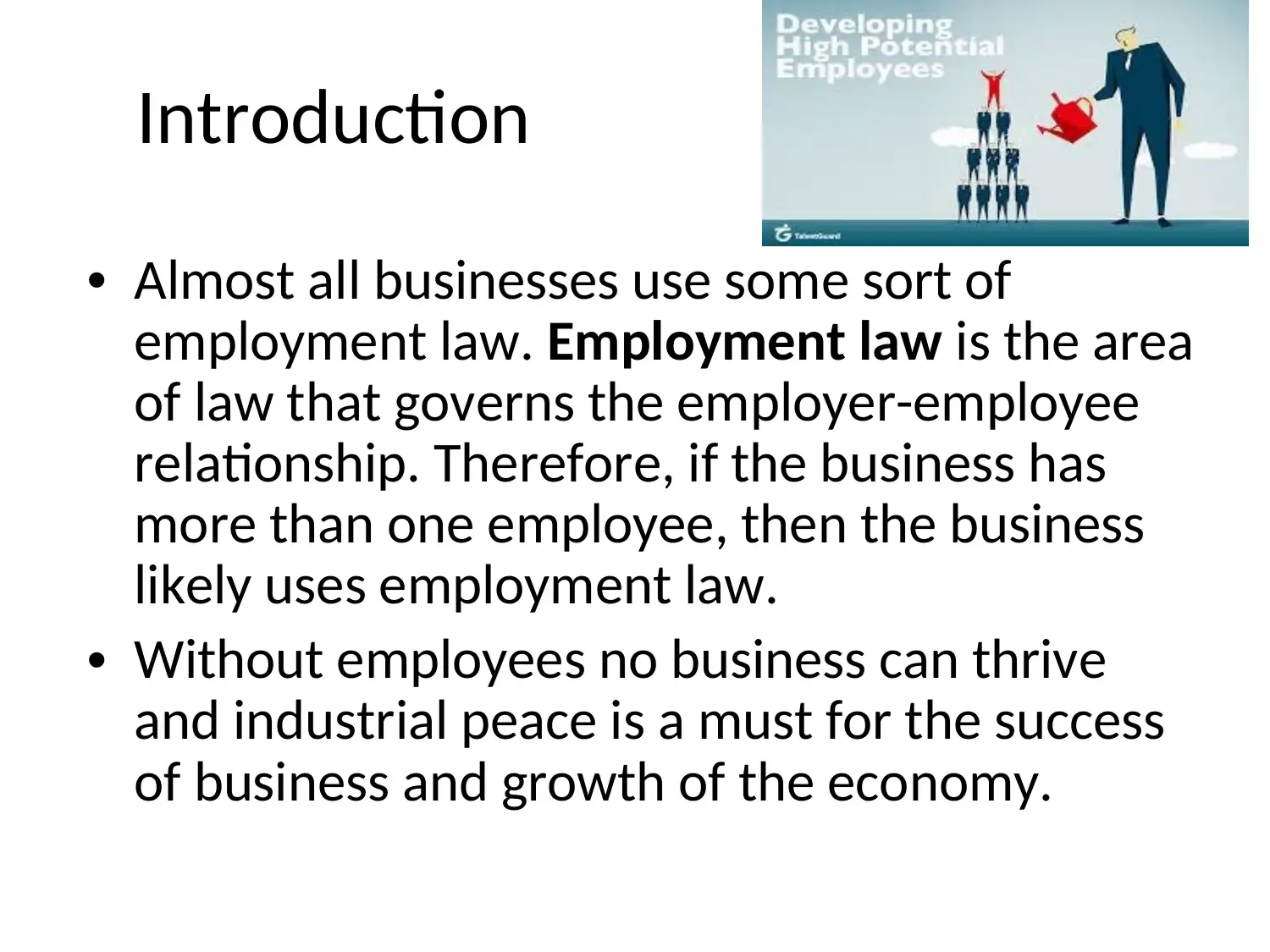

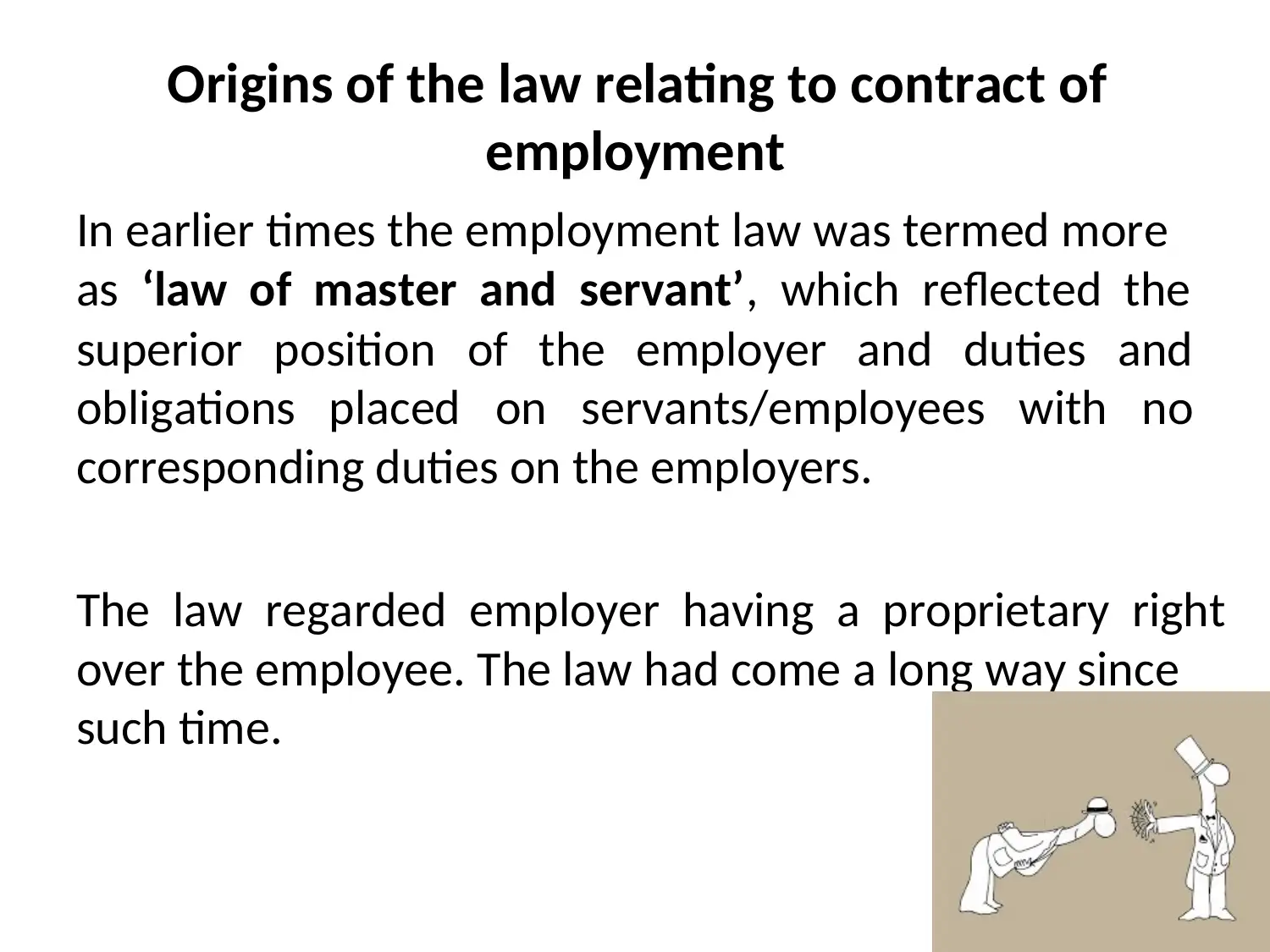

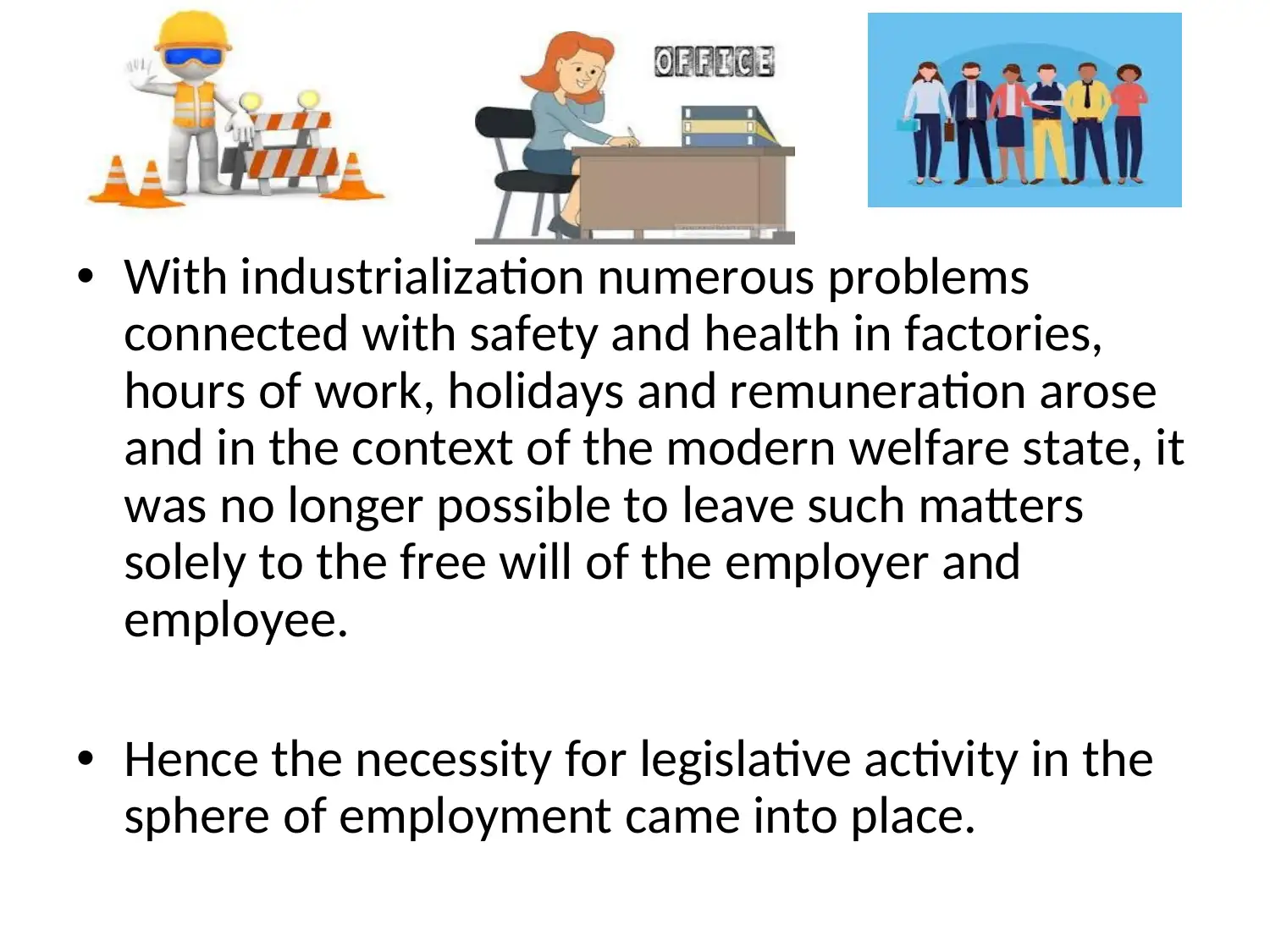
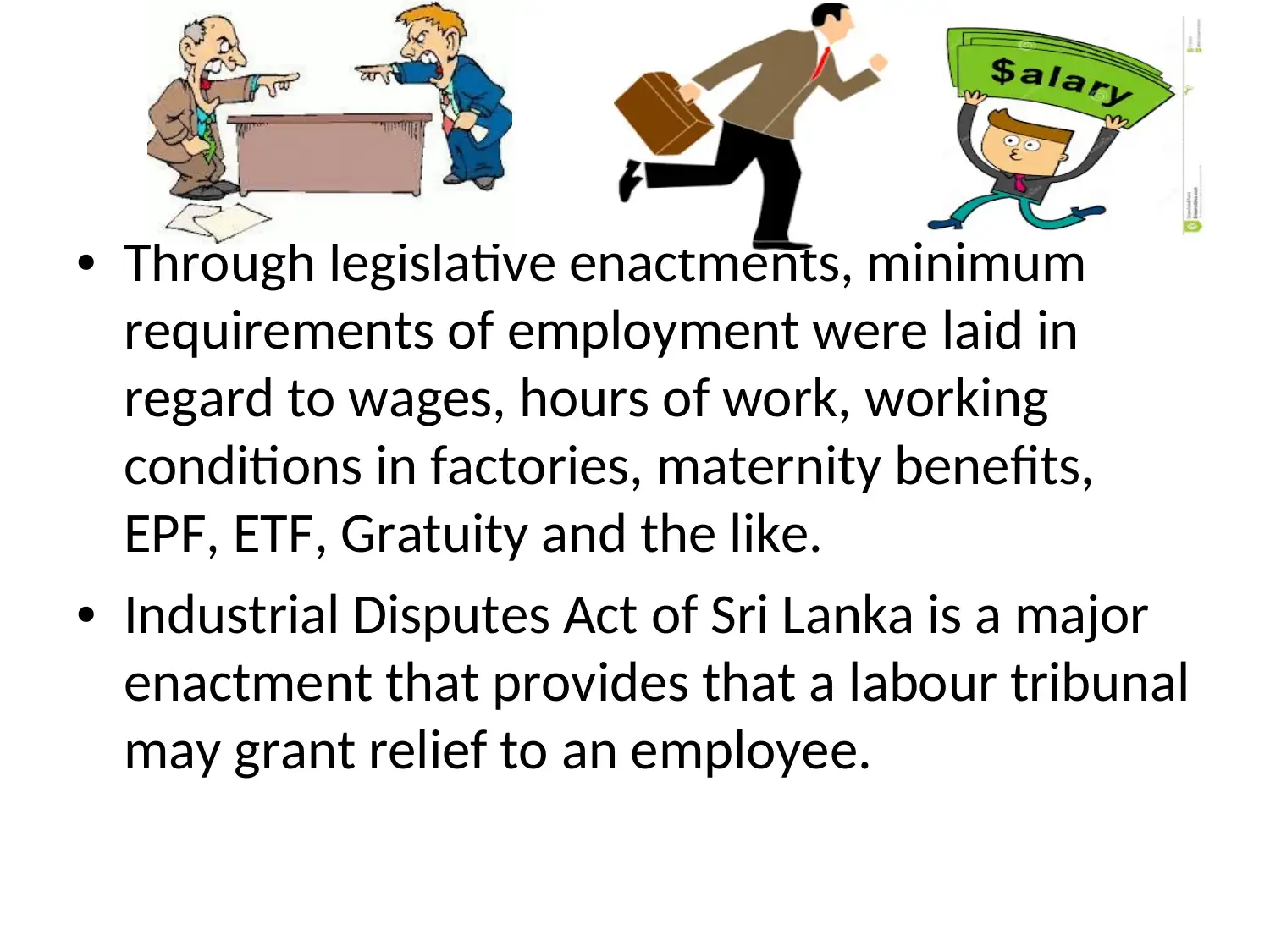




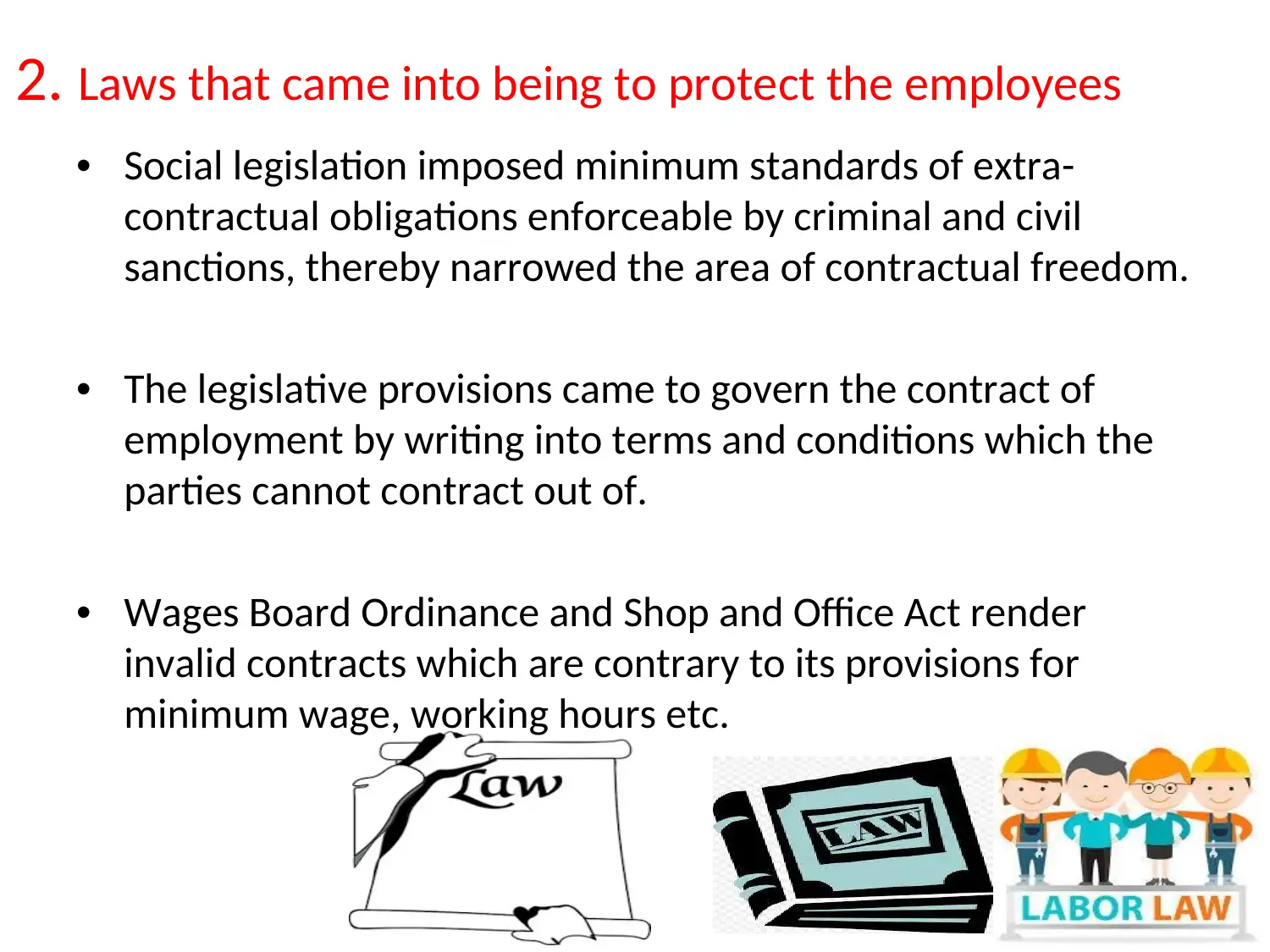






![[object Object]](/_next/static/media/star-bottom.7253800d.svg)